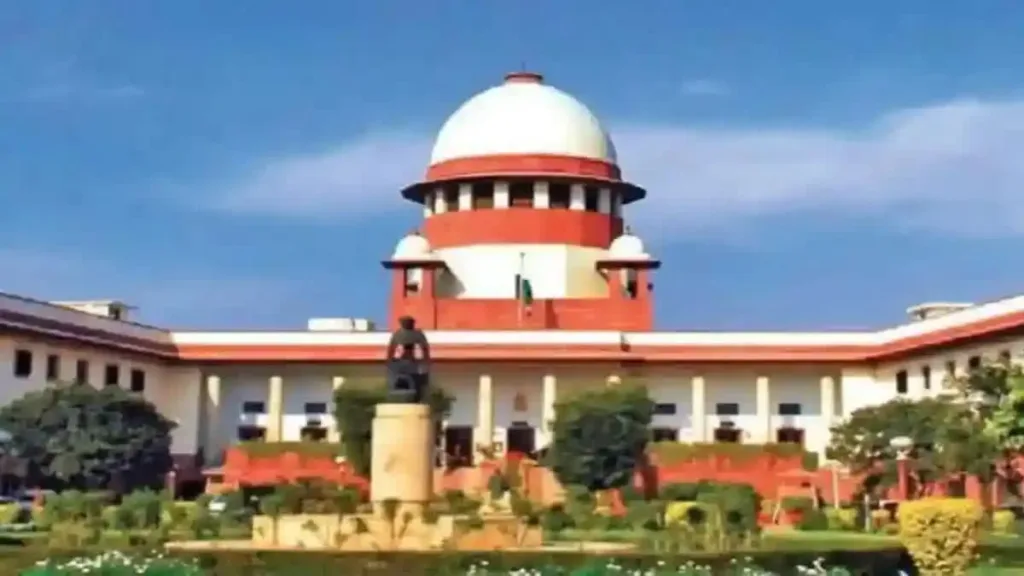Appointing Deputy Chief Ministers is not unconstitutional: Supreme Court

Supreme Court rejects plea on digital monitoring of all MPs/MLAs
In a significant decision, the Supreme Court has addressed a petition challenging the constitutional validity of the Deputy Chief Minister (DCM) post, stating that while the post is not explicitly outlined in the constitution, its existence does not violate any constitutional provisions.
The bench, led by Chief Justice DY Chandrachud, dismissed the public interest litigation seeking the annulment of the Deputy Chief Minister position.
The court emphasized that although the constitution does not mention the post of Deputy Chief Minister, it is not illegal for a leader of the ruling or prominent party to hold such a position. The decision clarified that designating a leader as Deputy Chief Minister is a symbolic gesture to show respect and does not infringe upon constitutional principles.
The bench further highlighted that the tradition of appointing Deputy Chief Ministers persists in various states, reflecting the respect parties accord to their senior leaders. It asserted that the Deputy Chief Minister, being an MLA and a Minister, actively participates in Cabinet meetings alongside other ministers under the leadership of the Chief Minister.
The petitioner’s counsel argued against the practice, stating that several states have adopted this tradition incorrectly, and the absence of a Deputy Chief Minister post in the constitution renders such appointments erroneous and contrary to the equality principle among ministers.
Responding to this, the bench clarified that Deputy Chief Ministers are essentially ministers and their appointments do not violate any constitutional rules, as the role of Deputy Chief Minister is held by an MLA who is a minister. The court’s decision reinforces the legitimacy of the Deputy Chief Minister post in the Indian political landscape.









